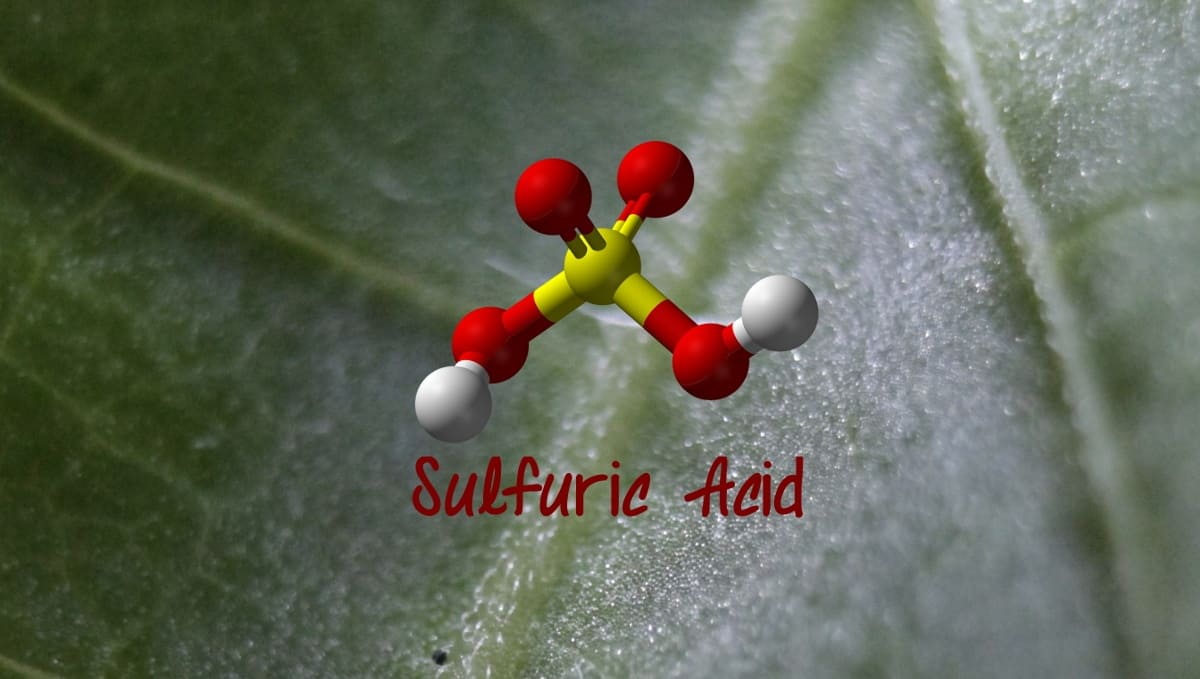General Blueberry Plant Care
Blueberry Growing Conditions:
So, you want to grow blueberries? We’re here to help with this basic care guide and blueberry fertilizer guide. First, blueberries require full sun to partial shade. They should be planted into well drained soil in a sunny location. Although they are self-pollinating, you should plant at least two varieties. As a result, you can expect better yields and larger berries. Be sure to plant varieties that bloom around the same time.
Finally, one key consideration is soil pH. Because they thrive in acidic soils, you might have to amend before planting. You should have a 4.0 to 5.2 pH for most varieties. If not, don’t put up your shovel quite yet. There are several options for amending the soil to increase acidity. To begin, you can add pine needles, sawdust, or sphagnum peat moss to the soil before planting. If your soils are really alkaline, you might have to resort to sulfur powder. Before you do this, first consider this lesson learned:
Be Cautious Applying Sulfur!
Do not make the same mistake I made with my blueberries one year. I added sulfur to the soil expecting the pH to drop. When it didn’t drop, I added more. Three months later and all my blueberries were dead. So, I felt it was necessary to add this cautionary

Blueberry Fertilizer Guide
Now that you know some basics on blueberry plant care, let’s look at fertilizer. Before you look for a good blueberry plant food, remember the importance of mulch. Mulch increases soil porosity and moisture retention. It encourages the proliferation of blueberries’ shallow, fibrous roots. They do not tolerate heavy, clay, calcareous or poorly-drained soil. Blueberry fertilizer ratios of 1-1-1 or 1-2-1 are best suited for blueberry culture. So, mulch first, then apply a light fertilizer one year after planting.
If you are looking to go organic, we offer an excellent assortment of content on the subject in our blog.
Root Applications:
2 gallons Natural Fertilizer, one gallon of Natural Kelp, and 60 gallons of water. Now broadcast over plants at bud-swell.
Foliar Application of Blueberry Fertilizer:
First, combine one gallon of Organic Liquid Kelp and 50 gallons of water. You should apply from bud-swell to fruit fill. Apply this to the leaves every three weeks. If leaves are yellow, add one gallon Natural Fertilizer and an additional 25 gallons of water.
Post-Harvest Blueberry Fertilizer Guide:
First, combine 1 gallon of Natural Fertilizer, ½ gallon of Natural Liquid Kelp, and 50 gallons of water. Use one application in late summer. Rates vary according to soil fertility and other inputs. Lower concentrations applied more often can increase effectiveness. However, if other constraints allow only one trip over the field, do not exceed a 3 percent dilution rate. For example, 3 gallons liquid fertilizers to 97 gallons water would be 3%.
Soil Application of Blueberry Fertilizer:
Per-acre mix ratio: 2 gallons Liquid Natural Fertilizer and 50 gallons of water. You can apply in spring and fall if soil is hard and/or low in organic matter. Next, you might want to optimize your results. Do this by adding 1 gallon Natural Liquid Bonemeal, 1 quart Natural Kelp, and an extra 10 gallons of water.
That’s it! Now you know some basics of blueberry plant care. You also learned about blueberry fertilizer ratio’s, and application rates for our blueberry fertilizer. Feel free to contact us with any questions you might have about your plants. Also, don’t forget the lesson learned on sulfur! It might save you from having to replace dead plants. As always, feel free to visit our


